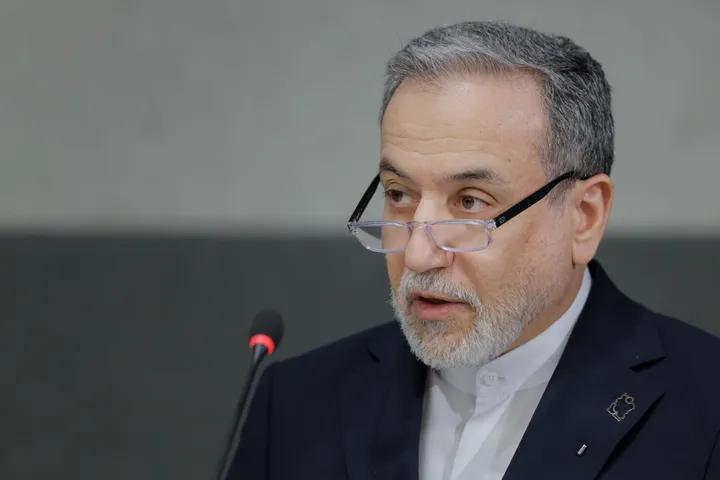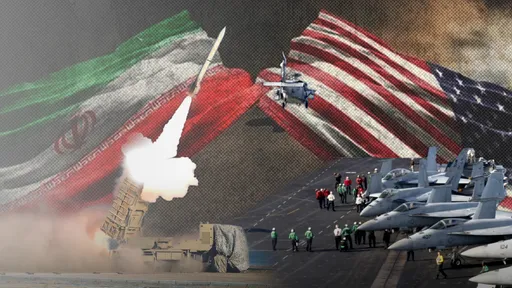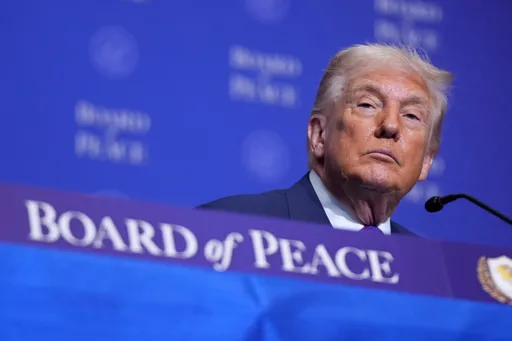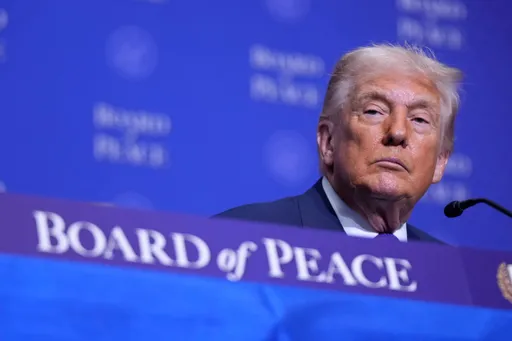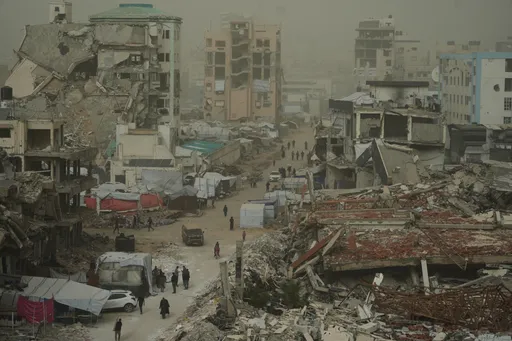Venezuela has been hit by one of the worst economic crises in its modern history. Poverty levels are rising as the country grapples with four years of recession.
Venezuela is full of proven oil resources, even surpassing Saudi Arabia in 2011 and earning the reputation of holding the largest oil reserves in the world, totalling 297 billion barrels as of January 2014.
Despite the growing oil economy, the country struggles with intractable poverty with basic necessities such as food and medicine supplies falling short. As inflation is predicted to cross an overwhelming 10 million percent this year, the currency remains crippled.
The economic crisis, however, was triggered by falling oil prices in international markets in 2014, battering Venezuela's national budget.
Amid the ongoing political crisis that stemmed from the US' decision to back the opposition leaderJuan Guaido's claim over the presidency, Washington struck another blow against Nicolas Maduro's government by imposing sanctions on the country’s state-owned oil company, Petroleos de Venezuela SA, also known as PDVSA.
Sanctions and discussions on PDVSA
"If the people in Venezuela want to continue to sell us oil, as long as the money goes into blocked accounts we will continue to take it, otherwise we will not be buying it," Treasury Secretary Steven Mnuchin said at a White House briefing.
US companies are not subject to the sanction laws, and allowed to buy Venezuelan oil, but PDVSA is likely to stop shipping crude to its top client the United States.
"So when there is a recognition that the company is the property of, the rightful rulers, the rightful leaders, then indeed that money will be available to [Juan ] Guaido," Mnuchin added, reaffirming the support to the Venezuelan opposition leader and self-proclaimed president.
Following the announcement by the US, Guaido, who's not only supported by the United States but also by most countries in the Western hemisphere, asked Congress on Monday to reshuffle or change the rank and file at both the state oil company PDVSA and US subsidiary Citgo.
Maduro accused the United States of trying to 'steal' US refining arm Citgo Petroleum, a key foreign asset at the OPEC. Citgo Petroleum manages a chain of gas stations across the US. Madura said Venezuela would pursue a legal course to block the US from making such a move.
In the first sign of serious retaliation, Reuters quoted sources as saying the PDVSA said if the oil merchants did not prepay for their US bound cargoes, the shipments won't be authorised to leave Venezuelan shores.
Russia and China, the biggest supporters of the Moduro government, opposed unilateral sanctions.
"The relevant country's sanctions on Venezuela will lead to the deterioration of conditions of people's lives," Chinese Foreign Ministry spokesman Geng Shuang told a regular news briefing in Beijing, referring to the United States.
"They should bear responsibility for the serious consequences from this," he said.
Calling the sanctions illegal, Russian Foreign Minister Sergei Lavrov said Moscow will take all necessary steps to back Maduro's government.
Lavrov criticised the sanctions and described them as an American attempt to confiscate Venezuelan state assets, Russian news agencies quoted him as saying.
Who is backing Venezuela's two presidents?
The top brass of Venezuela's military has shown no sign of leaving Maduro's side. Defense Minister Vladimir Padrino reaffirmed support for Maduro in a tweet on January 23, saying Venezuela's armed forces disavowed any self-proclaimed president.
The Supreme Court supports the socialist leader Maduro, rejecting all actions taken by Guaido-led Congress as null and void.
State oil company PDVSA also stood by Maduro. "We have no other president" besides Maduro, PDVSA President and Oil Minister Manuel Quevedo, a career military officer, said in a January 23 statement.
A few left-leaning governments in the region, including Cuba and Bolivia, continue to back Maduro. Mexico, where leftist Andres Manuel Lopez Obrador took office last year, has dropped the previous government's opposition to Maduro and said it will follow a policy of non-intervention.
The US recognised Guaido shortly after he proclaimed himself president on January 23, saying it would use its "economic and diplomatic power" to restore democracy in Venezuela.
Numerous right-leaning Latin American governments, including Brazil, Colombia and Argentina, also recognised Guaido. Britain, Germany and France all said on January 26 they would recognise Guaido as president if Maduro failed to call fresh elections in eight days.
Australia, Canada, Israel also recognise the young leader.
Venezuela's top military envoy to the United States, defense attache Colonel Jose Luis Silva, said he was splitting with Maduro and recognized Guaido as the "only legitimate president."
There are some signs that support for the opposition is expanding beyond its traditional middle- and upper-class areas. Several protests against Maduro broke out in working-class neighborhoods last week, while many former Chavez and Maduro supporters came out to the massive January 23 opposition march.
Some low-ranking military officers have expressed discontent with the government. The government on January 21 said it suppressed a military revolt after a group of officers stole weapons, kidnapped officers and demanded Maduro's removal.



